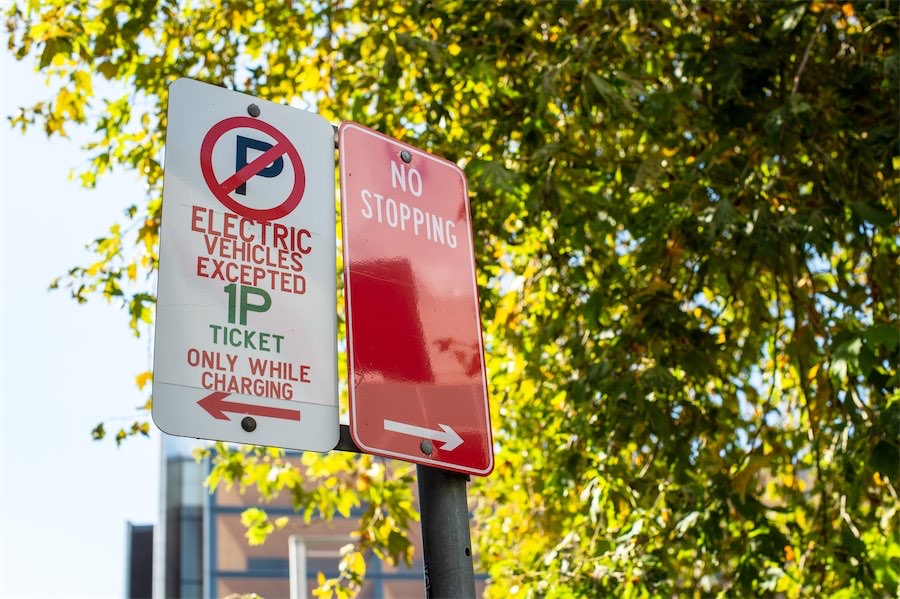THE news on the digital security front rarely gets better, but this week I was reminded how much worse it’s becoming.

We actually had written policies that she’d signed off against specifically banning this sort of thing.
I freaked out then and one hopes a lesson was learned.
The scary thing is that in the intervening time randomly plugging devices into other devices has only become more common, while the risks have grown exponentially.
In human disease control one has to remember that when interacting with another person we also interact with every other person they’ve previously slept with, kissed or otherwise exchanged lurgies.
We think less about where that USB drive has been (one shudders to think of public library computers), but with rivers of gold flowing through the fields of cybercrime we need to think about it a lot more.
Plugging phones in for a charge, or sticking a USB thumb drive into a port to swap “Game of Thrones” has always been less advisable than we’d like.
To make matters worse we can’t even trust our cables any more.
Increasingly, the demand for high-speed file transfers means the new cables have tiny computers built into the plugs.
These little computers are eminently hackable and who on earth is going to remember to update the firmware of their cables?
But wait, you’re nowhere near scared enough!
Those no-name cables, chargers, and thumb drives sold from the funny kiosks at the mall?
How do you know what the manufacturers have installed on those and what they might attempt to do to your computer/tablet/phone?
An enterprising cyber thief might well get them made to order and sold at a very competitive price just to push their malware out into the public.
It would be well worth it as the compromised devices start feeding back identity information and credit card numbers.
What’s the solution?
Sadly we’re going to have to pay the brand tax.
Buying from a well-known, big company is not a guarantee of safety, but it is a promise.
The likes of Sony might occasionally be compromised, but one knows they’re actively working to prevent it, rather than turning a blind eye or worse.
Companies with a reputation for hunting down counterfeiters are going to increasingly be able to demand a premium in the terrifying marketplace of the future.
And then there are condoms.
One can actually buy a socket that allows electricity to flow down a USB plug without exposing your device to any of the other data interference that can come through the connection.
A bit like a VPN, this is one of those things we really should use but most of us won’t.
Who can be trusted?
In a world of spin and confusion, there’s never been a more important time to support independent journalism in Canberra.
If you trust our work online and want to enforce the power of independent voices, I invite you to make a small contribution.
Every dollar of support is invested back into our journalism to help keep citynews.com.au strong and free.
Thank you,
Ian Meikle, editor




Leave a Reply